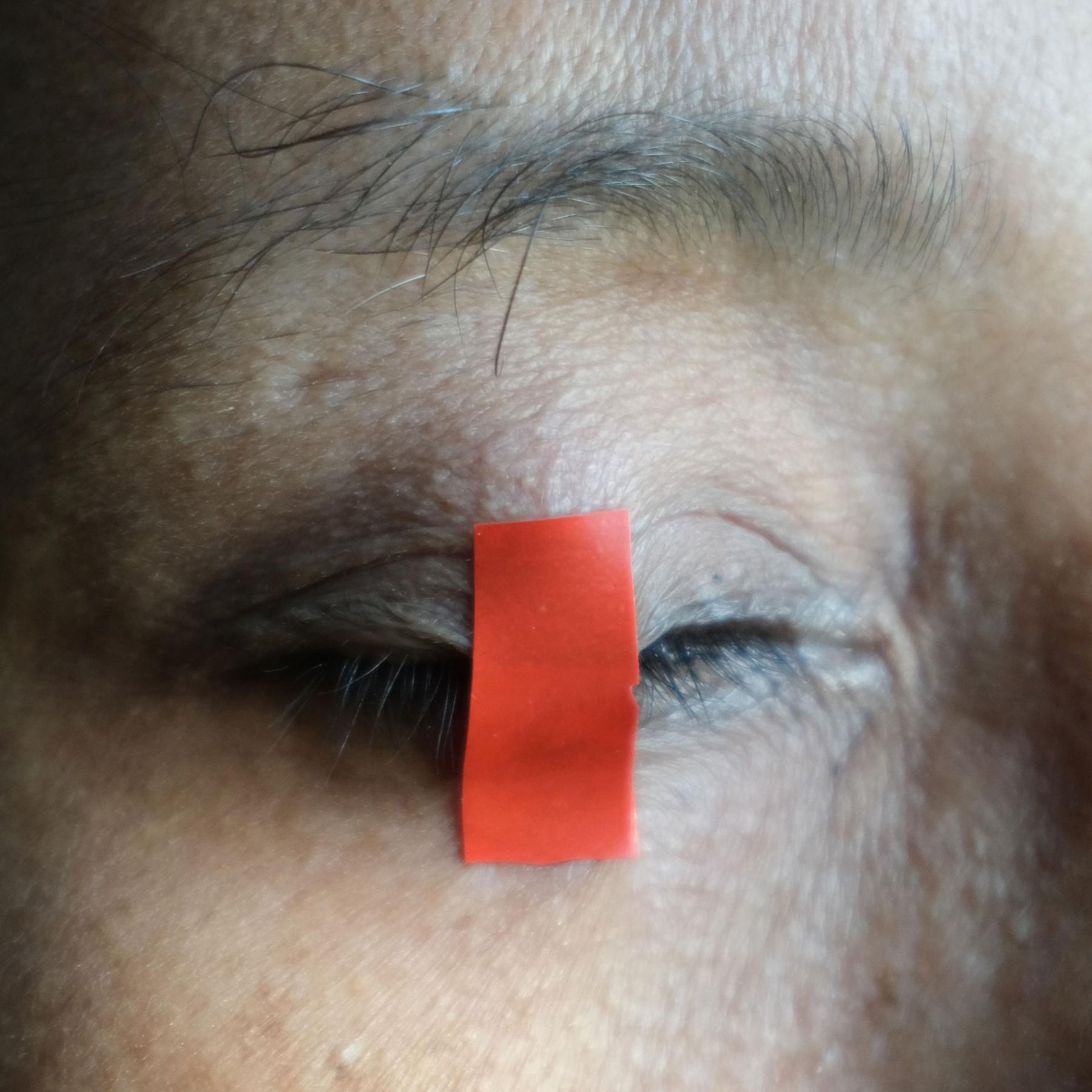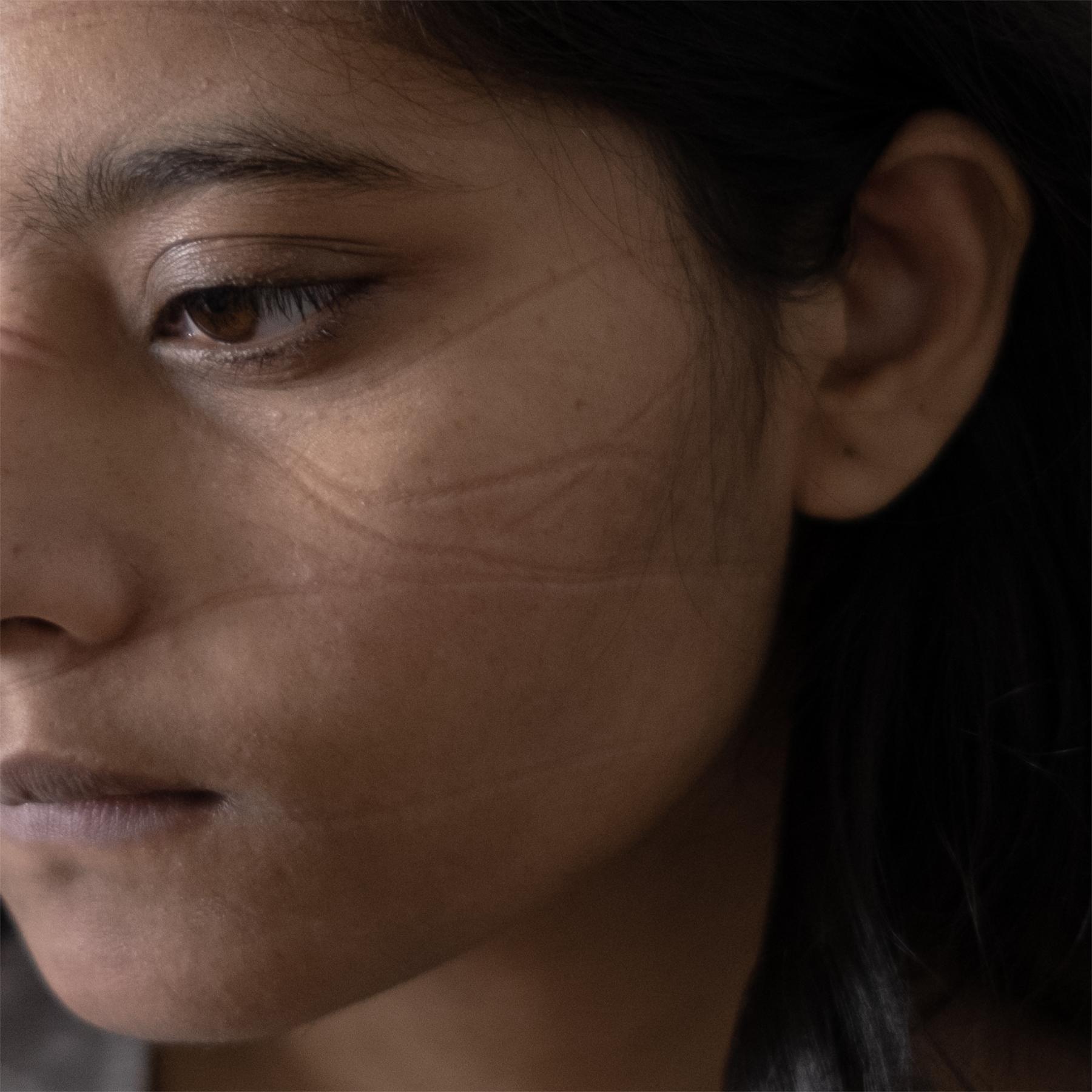Close to Home: On Riti Sengupta’s Things I can’t say out loud
A few years ago, I was thinking a lot about angry women. Of Valerie Solanas, who wrote the SCUM Manifesto (1967), and Virginie Despentes, author of the King Kong Theory (2006). Both became central to this curiosity because these books spewed anger. Rage-filled rants poured out from their authors against men, society and sometimes even other women. These were some of the angrier works I had seen by women who had translated this ire within them into the physical form of books. But as a friend—who is a poet and a translator—pointed out, “It is hard to write when you are angry, isn't it? For me, it is. Life makes me angry so often that it is difficult to bring that to the page.” So where does our rage go?
Installation view of Things I can't say out loud (2020-ongoing) by Riti Sengupta at Les Rencontres d'Arles, France. Image courtesy of Swastik Pal.
Riti Sengupta’s Things I can't say out loud (2020–Ongoing) is a work that started from a place of rage, although the artist quickly dismissed the notion of thinking of her work as “angry.” Instead, it is an almost oneiric series of images taken of Sengupta, her mother and occasionally other members of the family. The project expresses the artist’s conflicting emotions upon returning to her childhood home after a period of eight years. Her unease emerged primarily from the disparity between the roles assigned to men and women within the household. The realisation crept up on her of how this patriarchal behaviour has been normalised, which prompted conversations between Sengupta and her mother. Taking place in the closed confines of their kitchen, this post-dinner ritual sparked an exchange between the two women long before it was translated into images. From anecdotes about Sengupta’s grandmother, whom she never knew, to experiences of Sengupta’s mother’s life as a newly married woman, these dialogues fed and shaped the vocabulary of the images. The resulting series offers a loose yet rich collection that manages to capture the subtleties of female relationships.

The fact that images of her mother cooking, cleaning and tending to the house did not exist within family albums felt like a violent erasure of her mother’s labour. Questioning this absence prompted the artist to shoot in these very domestic spaces as her mother inhabited them, carrying out chores around the house. Finding that those images tended to be documentary or even merely evidentiary, Sengupta moved to staging images of her mother, turning her into a muse to explore her experiences, memories and aspirations. The images were all birthed from these “kitchen conversations.” While some appear as direct references to memories shared by her mother of feeling suffocated, others are made as emotional responses to the situation, such as taping her eyes shut in the face of her circumstances. Though formally her muse, Sengupta acknowledges the role of her mother more as a collaborator. The artist shared how her mother would enthusiastically buy fabric to drape herself in or give suggestions on how she wished to be dressed. Contained within the drudgery of household work, the process of image making and the final image, as evidence, become extraordinary.
Installation view of Things I can't say out loud (2020-ongoing) by Riti Sengupta at Les Rencontres d'Arles, France. Image courtesy of Swastik Pal.
Sengupta wanted to make images that would make the viewer “care”. And to that degree, she presents these familial images as one would a personal diary, for others to find kinship in her stories. While such experiences in an Indian household within particular socio-economic backgrounds can be considered quotidian, it is the elevation of these images—through their performative aesthetics and occasionally surreal qualities—that perhaps make one pause, connect and care. In a particular image from the series, Sengupta presents a cheek with criss-crossed lines left as an impression, possibly by the pillow that it rested on. I was most taken by this image for how it definitively represented this entire series. The subtle yet violent scarring and the everydayness of such an image mirror what Sengupta tries to express through images of her family.

The series is currently being presented at the 2023 edition of the Les Rencontres d’Arles Festival as part of the show curated by Tanvi Mishra for the Discovery Award supported by the Louis Roederer Foundation. For this iteration, Sengupta has expanded the work to include family photos from her mother’s albums. This juxtaposition of the familiarity and nostalgia invoked by a photo from a family album against the carefully choreographed images shot by the artist weaves the stories of different generations of women into a communal fabric. Further, Sengupta allows us to peer into an intimate slice of her life while maintaining fantasies and abstractions for deeper contemplation. For this exhibition, evocative image titles appear at the end of the piece, hinting at the underlying emotions that initiated these images.
Installation view of Things I can't say out loud (2020-ongoing) by Riti Sengupta at Les Rencontres d'Arles, France. Image courtesy of Swastik Pal.
Sengupta’s use of family photos makes one wonder: why do we keep returning to family photos? Perhaps it is within our “microhistories”, as Carlo Ginzburg would say, where any emotions, answers, sense-making, or whatever else one might be looking for are to be found. Somewhere in Sengupta’s images, we might find outlets for those very insidious, inexplicable and unexpressed feelings that encapsulate the pain and rage of being a woman.
Installation view of Things I can't say out loud (2020-ongoing) by Riti Sengupta at Les Rencontres d'Arles, France. Image courtesy of Swastik Pal.
This text is based on a conversation between the author and the artist on 20 June 2023.
To read more about the 2023 edition of the Rencontres d’Arles Festival, read Annalisa Mansukhani’s two-part interview with Soumya Sankar Bose about his work A Discreet Exit through Darkness and Sukanya Deb's interview with Vishal Kumaraswamy about his work ಮರಣ Marana [Demise].
To read more about explorations of intergenerational relationships between mothers and daughters, revisit Annalisa Mansukhani’s reflection on Cheryl Mukherji’s practice and Najrin Islam’s review of Archana Phadke’s About Love (2019).
All images and installation views from the series Things I can’t say out loud (2020–Ongoing) by Riti Sengupta. Images courtesy of the artist unless specified otherwise.




